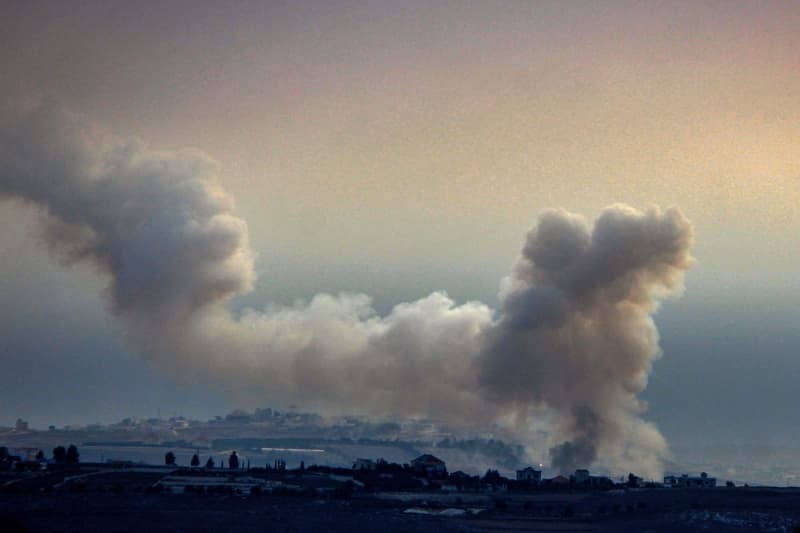On Sunday, the Israeli military announced the successful operation that resulted in the deaths of prominent Hezbollah figures in the Khiam area, specifically Farouk Amin Alasi and Yousef Ahmad Nun. Alasi was identified as a commander responsible for executing numerous anti-tank missile and rocket attacks targeting Israeli communities, particularly those in the Galilee Panhandle, including the town of Metula. The military’s statement framed him as a significant threat to the region’s security, emphasizing the strategic nature of the operation aimed at neutralizing individuals directly involved in acts of aggression against Israeli civilians and military forces.
The IDF’s operation extended to eliminating Yousef Ahmad Nun, who served as a Radwan Forces company commander. His reported involvement in orchestrating rocket and missile attacks further justified the Israeli military’s mission in the region. These actions were depicted as part of Israel’s broader strategy to mitigate threats posed by Hezbollah, which has been active in the area and is known for its hostile engagements with Israeli troops. The Israeli military characterized these operations as essential for protecting its citizens and maintaining military preparedness amidst ongoing tensions along the border.
The conflict area in and around Khiam is marked by persistent hostilities between the Israeli Defense Forces and Hezbollah, which receives backing from Iran. The military’s announcement has highlighted continuing fears of escalation in violence, as both sides vie for control and influence in the contested region. Israel’s proactive military stance is indicative of its longstanding policy of responding swiftly to perceived threats, particularly from groups like Hezbollah that engage in militant activities along the borders.
Hezbollah has yet to issue a response concerning the deaths of the two commanders, which suggests a potential for further implications regarding their military strategy and public narrative. The lack of immediate acknowledgment may reflect ongoing internal assessments or future operational plans in light of these losses. Historically, Hezbollah has employed a tactic of portraying its resilience in the face of Israeli operations, and a response could come that aims to reinforce their commitment to their military objectives.
The Israel Defense Forces also reported conducting a series of air strikes and close combat operations that led to the elimination of other Hezbollah fighters, emphasizing the intensity and scope of their military efforts. In addition to these tactical engagements, Israeli soldiers reportedly uncovered substantial caches of weapons belonging to Hezbollah. This discovery underscores the ongoing arms buildup that Israel perceives as a direct challenge to its security and serves to justify continued military operations targeted at dismantling Hezbollah’s military capabilities.
In light of these developments, the situation in the region remains precarious, with heightened tensions anticipated due to these military exchanges. The targeted approach taken by the IDF reflects a commitment to military strategy aimed at reducing threats from Hezbollah while simultaneously indicating the ongoing cycle of violence that characterizes the Israeli-Hezbollah conflict. As both groups prepare for potential future confrontations, observers will likely monitor the implications of these operations on the broader geopolitical landscape, especially regarding Israeli-Iranian relations and the stance of Hezbollah in Lebanon and beyond.

